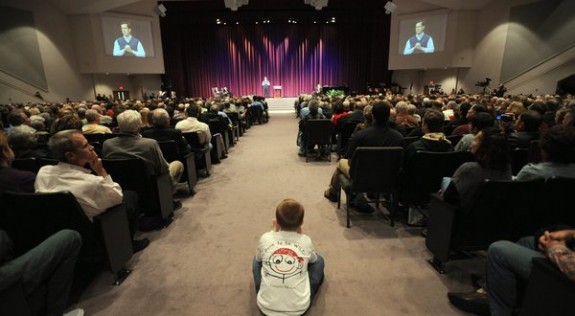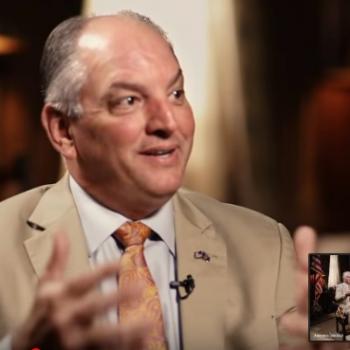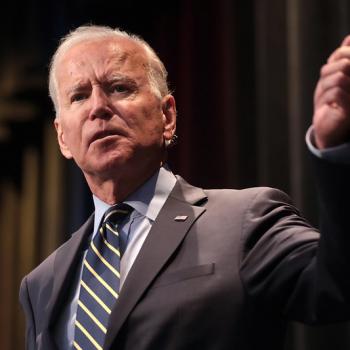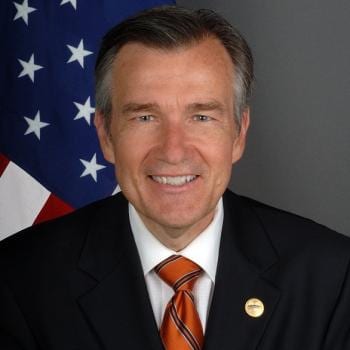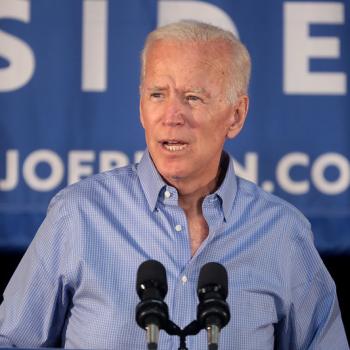Not so long ago, evangelical Christians wouldn’t seriously consider voting for an observant Catholic. But not this year:
After more than a century of widespread antipathy between Catholics and evangelical Christians, a Catholic with Italian immigrant roots from the industrial Northeast has emerged as the favored presidential candidate among evangelicals, even in states he lost over all, like Ohio and Illinois. On the eve of Louisiana’s primary on Saturday, Mr. Santorum had won a plurality of the evangelical vote in 9 of 16 states, according to exit polls by Edison Research.
“Santorum represents a game-changer,” said D. Michael Lindsay, the president of Gordon College, a Christian school near Boston, and an expert in evangelical voting patterns. “His candidacy has the potential to reshape conservative political alignment, securing once and for all evangelical support for a conservative Catholic in public life.”
Mr. Santorum has, in fact, performed far better with evangelical Christians than with Catholics, who have preferred Mitt Romney, a Mormon, in virtually every state. Through a critical reading of the data, Mr. Santorum’s base of evangelical Protestants and conservative Catholics could be seen by cynics as a coalition of zealots, held together by intolerance. By another way of thinking, however, his candidacy offers proof of a growing tolerance on the part of evangelical Christians, a willingness to shed ancestral religious prejudices.
It is worth remembering how viciously evangelical Protestants opposed Catholics early in the 20th century on issues like immigration and Prohibition. When Al Smith became the first Catholic to run for president in 1928, he was subjected to arguably the most bigoted attacks of any presidential candidate in history, accused of harboring secret plans to ban the Bible and end democracy in obeisance to the pope.
In 1960, when John F. Kennedy became the next Catholic to seek the presidency, such prominent evangelical ministers as the Revs. Billy Graham and Norman Vincent Peale privately strategized over how to defeat him. Kennedy ultimately had to deliver a speech endorsing the separation of church and state, and by inference declaring his independence from the pope, to quell fears about his Catholicism.
While evangelical Christians’ opposition to Catholicism has declined since then, virulent remnants do remain. In the 2008 campaign, Senator John McCain had to renounce the support of a megachurch pastor, the Rev. John Hagee, who had a history of disparaging Catholicism, as he did in one 2003 sermon, as “the apostate church,” the “mother of harlots” and “this mother-child cult.” The Lutheran synod that Representative Michele Bachmann, who ran for president this time around, belongs to states in its doctrines that “the papacy is the Antichrist.”

